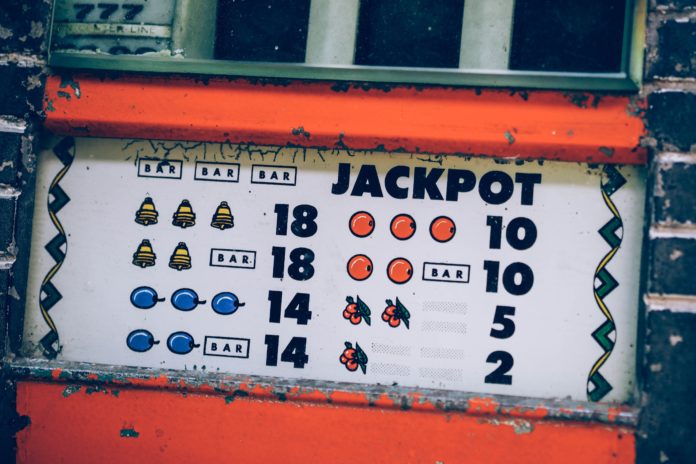
All British licensed gambling operators have to comply with a customer funds rating system which requires operators (remote and non-remote) to disclose certain information so consumers can better understand the extent to which their funds are protected, particularly in the event of the operator’s insolvency.
In March 2019 the Gambling Commission updated this rating system and its changes came into effect on 29 April 2019. The key takeaway from the changes are that operators whose arrangements for the protection of customer funds previously qualified as ‘basic’ in the rating system are now classified as ‘not protected’. Accordingly, such operators should have updated their terms and conditions, and should be notifying existing customers of this new ‘not protected’ classification on the next occasion they make a deposit and when any new customer first deposits going forward.
For a more detailed look at the customer funds insolvency rating system and to understand what rating applies to you, see the Gambling Commission note here.
No longer protected?
It is a requirement of the Gambling Commission that operators who hold customer funds (such as winnings left on deposit; cleared deposited funds; and unpaid bonuses a customer has earned) should make available information on how they protect those funds in their terms and conditions. It is also an obligation that this information should be detailed when a customer first deposits funds, as well as actively acknowledged by the customer before being permitted to gamble.
One of the key bits of information that operators need to disclose to consumers is where they are on the scale of the customer funds rating system. Under this system an operator must place itself in a certain category depending on how it segregates and protects customer funds. This rating system is the main area that was amended in the update and the changes are summarised in more detail in the table below:
| Customer Funds Insolvency Rating System | |
| Current ratings system | New insolvency ratings system
(introduced 29 April 2019) |
| Not protected (No
segregation – permitted for non-remote and ancillary remote operators only) |
Not protected (No segregation – permitted for non-remote and ancillary remote operators only) |
| Basic (segregation of funds –
minimum requirement for all remote operators who hold customer funds) |
Not protected (segregation of
funds – minimum requirement for all remote operators who hold customer funds) |
| Medium (Quistclose or equivalent) | Medium protection (Quistclose or equivalent) |
| High (Independent trust
account) |
High protection (Independent
trust account) |
As you can see from the table the most significant change is the ‘basic‘ category now being classified as ‘not protected’. Accordingly, ‘basic’ operators should have updated their terms and conditions to reflect this change, and should be notifying existing customers of this new ‘not protected’ classification on the next occasion they make a deposit and when any new customer first deposits going forward. Such notice of the new ‘not protected‘ classification should be actively acknowledged by new customers before such customers are permitted to gamble.
In reality this update has not actually changed the level of protection offered by operators in the ‘basic’ category. That is to say, even though ‘basic’ has changed to ‘not protected’, it still offers the same level of protection as it did before i.e. customer funds are segregated from the operator’s own funds, but are not protected in the event of insolvency. All that has changed is that it is now clearer to customers that their funds are not protected under this category, which although a minor change has the potential to impact the decisions made by consumers who are contemplating whether to use a certain gambling operator and potentially make consumer funds protection more of a commercial differentiator. Indeed, the Gambling Commission is likely to be hoping that this update will prompt ‘not protected’ operators to consider putting in place greater protection for customer funds.









